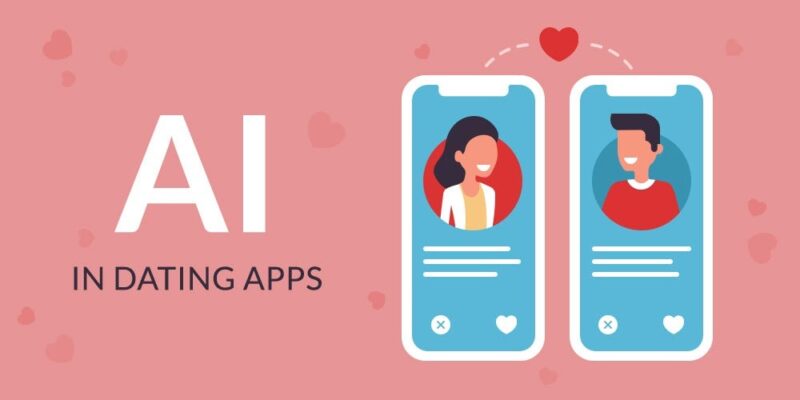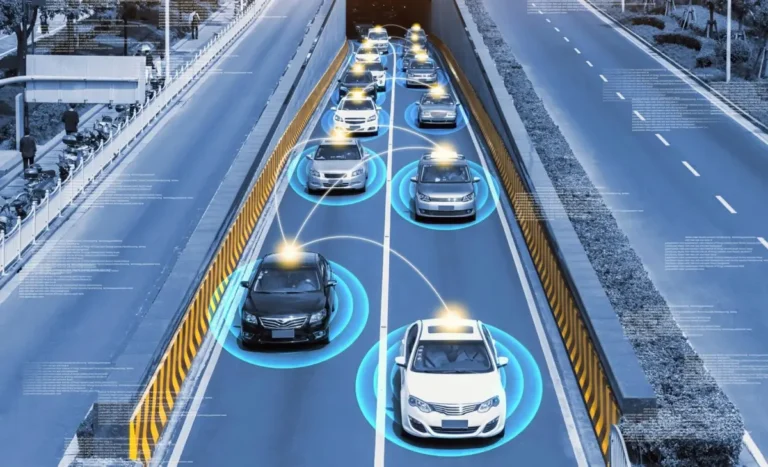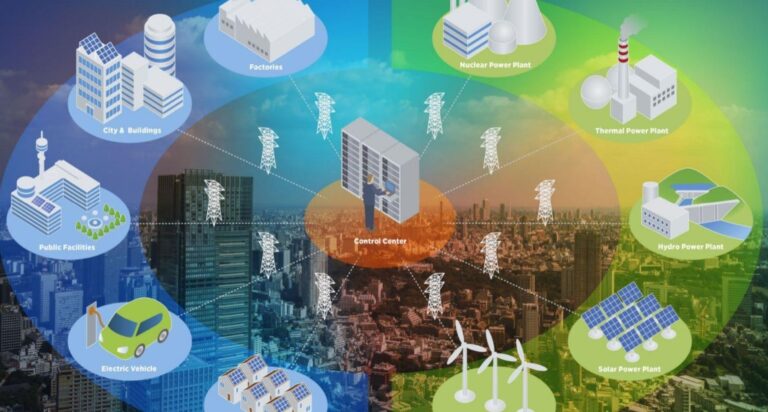Are you ready to let artificial intelligence play Cupid? AI is shaking up the love scene, reshaping how we search for meaningful relationships—or swipe for casual flings. But can it truly replace meeting someone face-to-face, locking eyes across a crowded room, or the thrill of a spontaneous conversation? Let’s dig into the future of romance, tech style.
Key Points:
- Artificial intelligence personalizes matchmaking like never before.
- AI uses data to predict compatibility beyond appearances.
- Real-world interactions remain irreplaceable for emotional connection.
- The role of AI in dating continues to evolve with user input.
- Ethical and emotional considerations challenge full automation of love.
The Allure of AI Matchmaking
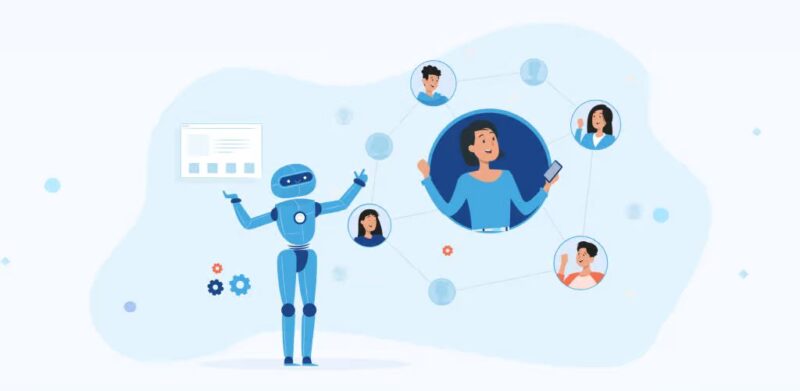
Artificial intelligence has turned online matchmaking into a science experiment, blending algorithms and emotional cues. Some even explore tools like an AI girlfriend, which allows users to simulate romantic interactions and test emotional compatibility, often with surprisingly realistic results.
At first glance, it’s tempting to think AI might hold all the answers. Profiles now include detailed prompts, personality scores, and even hints about emotional compatibility. But is it all too clinical to truly spark love?
Can Artificial Intelligence Make Us Better at Love?
The data-driven nature of AI makes it feel objective, but romance isn’t a numbers game. While platforms promise curated matches, questions remain about whether algorithms can gauge deeper values.
- Emotional Depth
AI can suggest compatible hobbies, but can it predict shared dreams? Without the nuances of in-person interaction, those deeper connections feel elusive. - Bias and Limitations
Machines reflect the biases of their creators. If an app’s design prioritizes one set of traits over another, it may miss the subtle sparks that matter most in human relationships. - Efficiency vs. Authenticity
AI offers convenience—suggesting matches based on detailed profiles. But love thrives on unpredictability, something a screen cannot replicate.
The Pros and Cons of Artificial Love
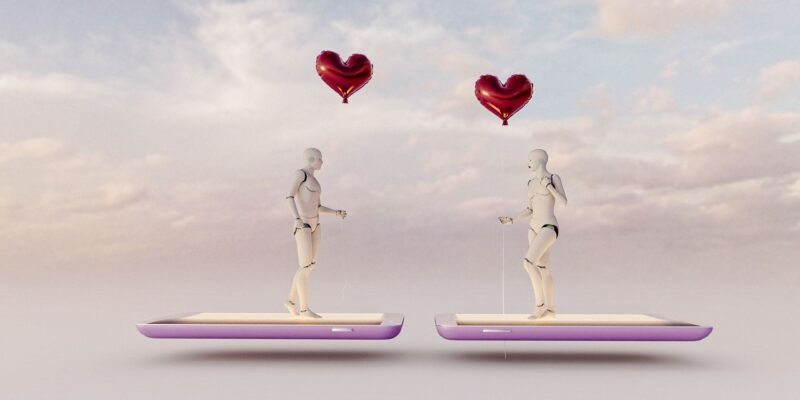
Here’s a quick breakdown of what works and what doesn’t when we hand over matchmaking duties to AI:
Advantages:
- Time-Saving: It filters out incompatible matches quickly.
- Enhanced Compatibility: Matches are selected based on personality traits.
- Inclusivity: Opens avenues for shy or introverted people.
Disadvantages:
- Over-Reliance on Data: Algorithms can overlook emotional subtleties.
- Dehumanization: Reduces love to a transaction.
- Tech Dependency: Removes the magic of real-life connections.
Are Dating Apps Failing at Real Chemistry?
Let’s be honest—many apps excel at facilitating casual connections, but the emotional void can’t be ignored. Matches often feel transactional. Sure, AI identifies compatible interests, but chemistry rarely follows a formula. A clever bio and curated photos can never replace the energy of someone laughing at your jokes in person.
For instance, AI tools analyze patterns in your responses to predict attraction, but even the most advanced algorithms miss the warmth of a shared smile or the tension of a first date.
Ethical Considerations: Are We Playing with Fire?
With AI growing smarter, ethical concerns arise. Is relying on technology to pick a partner healthy? Should AI encourage connections based on personal biases or superficial preferences?
Things to Think About:
- Privacy: How much personal data should apps collect for accurate predictions?
- Emotional Impact: How does simulated affection affect mental health?
- Boundaries: Should AI be a tool or take the wheel entirely?
What AI Still Can’t Do
No matter how advanced artificial intelligence becomes, it falls short of replicating the unplanned, messy beauty of human interaction. Think about the excitement of stumbling into a conversation with a stranger at a bookstore or locking eyes with someone at a concert. AI can suggest compatible personalities, but it cannot orchestrate the joy of an unexpected spark.
Shared experiences create bonds that technology cannot mimic. A shared laugh over a silly mishap on a road trip or the warmth of meeting each other’s families forms the emotional foundation of love. These moments rely on real-world proximity and mutual vulnerability—things AI cannot simulate or replicate.
Even with its precision, artificial intelligence cannot match human intuition. The ability to read body language, notice someone’s small habits, or sense emotions in silence is uniquely human. Technology, no matter how advanced, can never step into that space of silent understanding and authentic empathy.
The Emotional Shortcomings of AI Matchmaking
While AI excels in processing data and predicting compatibility, it struggles with emotional depth. Machines cannot interpret the subtleties of an inside joke or the warmth behind a kind gesture. Relationships thrive on emotional nuances—tones of voice, the way someone speaks about their passions, or the nervous laughter on a first date. AI remains detached from the emotional layer that defines human connection.
Furthermore, technology cannot create shared memories. Sure, you can swap endless text messages or video calls, but nothing compares to memories formed by walking through rain together or laughing over a disastrous home-cooked meal. Love demands vulnerability, and that level of openness cannot be achieved through screens or simulations.
A Glimpse Into the Future of Love
The use of AI in matchmaking is far from slowing down. Developers aim to go beyond simple swipe-based systems, incorporating video cues, voice analysis, and even biometric responses to predict attraction and compatibility. Future tools may offer real-time feedback during conversations or suggest ways to improve communication based on subtle cues.
One day, AI could act as a relationship coach. Imagine receiving live advice during a conversation—whether to ask deeper questions or shift the tone of your replies. It might sound intrusive now, but for some, this level of guidance could be a game-changer in forming better relationships. However, such advancements raise new questions about how much involvement is too much.
Where AI Excels but Still Falls Short
AI thrives in helping people find potential matches, especially those who might otherwise feel isolated or lack opportunities to meet new people. It connects individuals across continents, fostering long-distance relationships that were once unimaginable. But despite its strengths, AI cannot teach someone how to love or handle the complexities of a real relationship.
Conflict resolution, compromise, and shared growth are lessons learned through time and effort. AI can identify compatible traits but cannot guide couples through the challenges that naturally arise. Love is about growing together, and that requires far more than predictive algorithms.
Final Thoughts: Can AI Replace Real-Life Romance?
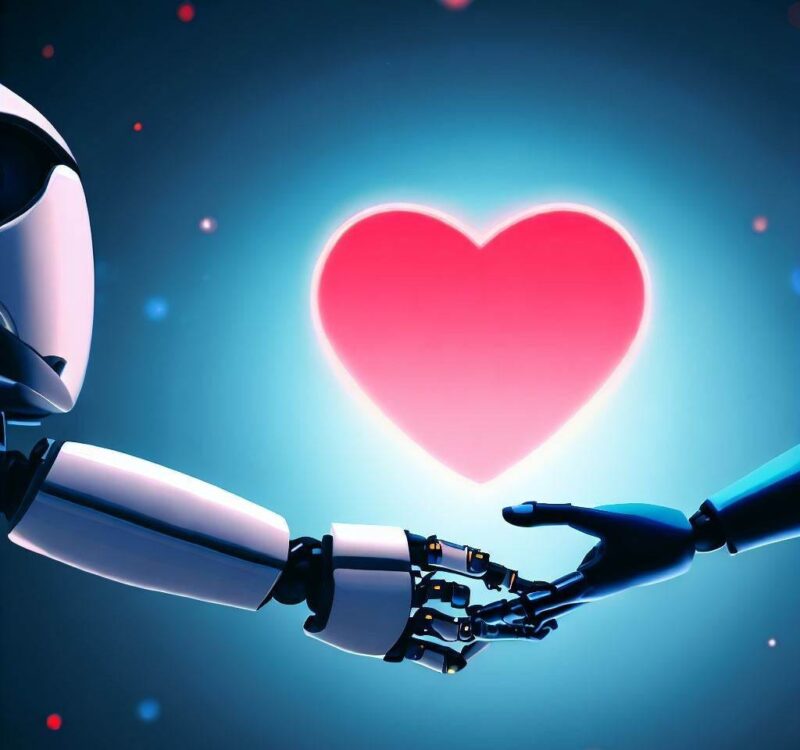
Artificial intelligence has revolutionized the search for connection, but it will always remain a tool, not the solution. Love thrives on raw emotions—vulnerability, spontaneity, and human touch—none of which machines can replicate. AI can guide us to potential partners, but the journey of falling in love belongs to us.
Moving forward, the challenge lies in balancing technology’s convenience with the authenticity of real-life connections. Let AI enhance the journey, but never forget that the true magic of romance lies beyond the screen—in shared laughter, spontaneous adventures, and the irreplaceable depth of human emotions.
Related Posts:
- Top 10 Dating Apps Expats Use to Find Love in Germany (2025)
- Will AI Replace Software Engineers? The Truth Behind…
- Will AI Replace Data Analysts? The Future of Data Science
- Tempting Progression of Ever-rising Progressive…
- Male Body Image ─ Why It Matters More Than Ever
- Game-Changing Features in Modern Sports Betting Apps

